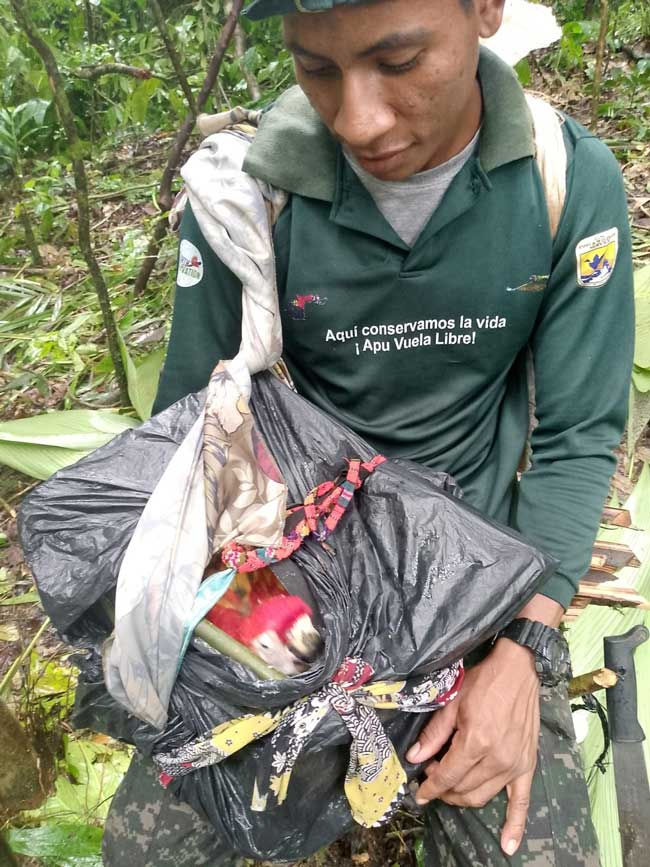Human Dimensions of Conservation - Camping with Solidarity Under Stars and Macaw Nests
- LoraKim Joyner
- Sep 30, 2025
- 3 min read
At first, I thought I was fighting to save rubber trees. Then, I thought I was fighting to save the Amazon rainforest. Now, I realize I am fighting for humanity.
- Chico Mendes, Brazilian environmentalist assassinated for this work protecting the forest.

Our fall series of Transformative Conversations in Convservation kicked off Friday, September 26th and our guest was Dr. Flavia de Campos Martins, Assistant Professor at the University of Pernambuco in Brazil. Her work focuses on bird ecology, ecosystem monitoring, conservation education, and, important for our conversation that day, the human dimensions of conservation.
The conversation was touching and full of wisdom. You can watch it here to garner what Dr. Martins shared with us.
Here is what I heard her say.
These conversations that you have every month build community and support and this is a gathering that makes a difference – it is transformative.
Her hope is in collectively organizing, such as we do during these monthly conversations. Even if we are individuals, small organizations, or communities facing domination and oppression, when we organize, we have the power to transform our world. There is always an overcoming and there is the will of the people.
I asked Dr. Martins how we organize collectively and support human communities when we are such small actors in the scheme of powerful interests and unjust economies. She responded (I'm paraphrasing here):
You begin conservation by asking the people what they want to do.
You have to be ready to hear a no, and step back.
People have a right to think that your conservation goals are not important to them.
Remember that humans have an affinity for each other and each in their way values nature. Conservationists who come from outside a community are part of the ecosystem, as are the local people.
Slow down and be with the people. Just talk, listen, and enjoy your favorite beverage with one another.
Be as honest, clear, and transparent as possible.
Offer a constant presence to the people. This builds trust and opens up avenues for each to use their power.
If there are conflicts and disagreements amongst the local people, research the needs and motivations of various actors. Think first, then act. You will have to work in different ways with different actors.
It is great that entities spend big money on saving species, and we need to do the same for human communities.
Her words and experiences ring true for me on so many levels. Her wisdom encapsulates the hard lessons I have learned over the years and am still learning. She reaffirmed One Earth’s course in conservation, especially for the coming year (2026) in La Moskita, Honduras.
Our macaw project with Indigena Miskutu has been our biggest project where we have hired hundreds of rangers to patrol their macaw nests. It has been tremendously successful in terms of macaws saved and in reducing the nearly 100% poaching to under 20%. We are also one of the biggest sources of cash income for many families. While we make joint decisions with the community leaders, it is also true that our organization still wields a lot of power in making decisions.

Parrot ranger in La Moskitia rescuing a scarlet macaw chick in their forest sanctuary
We do not regret what we have done there, and yet, it is also time to slow down and be with the people so we can discover where our power can creatively come together for the future. For this reason, among others, we will not be managing an intense nest protection and monitoring program there in 2026.
What we will do is be with the people, camping with them out under the macaw nests, and protecting and cherishing the parrots’ and people’s way of life.
And listening while sharing a tasty beverage.
It will not be without some risk and discomfort, but our voices, loud like the scarlet macaws that will fly over us, will call out that we all belong in the family of things.
Come join us as an act of unconditional solidarity.
(If you are interested in participating, join our newsletter email list to get the latest news or contact us directly at info@oneearthconservation.org)





Comments